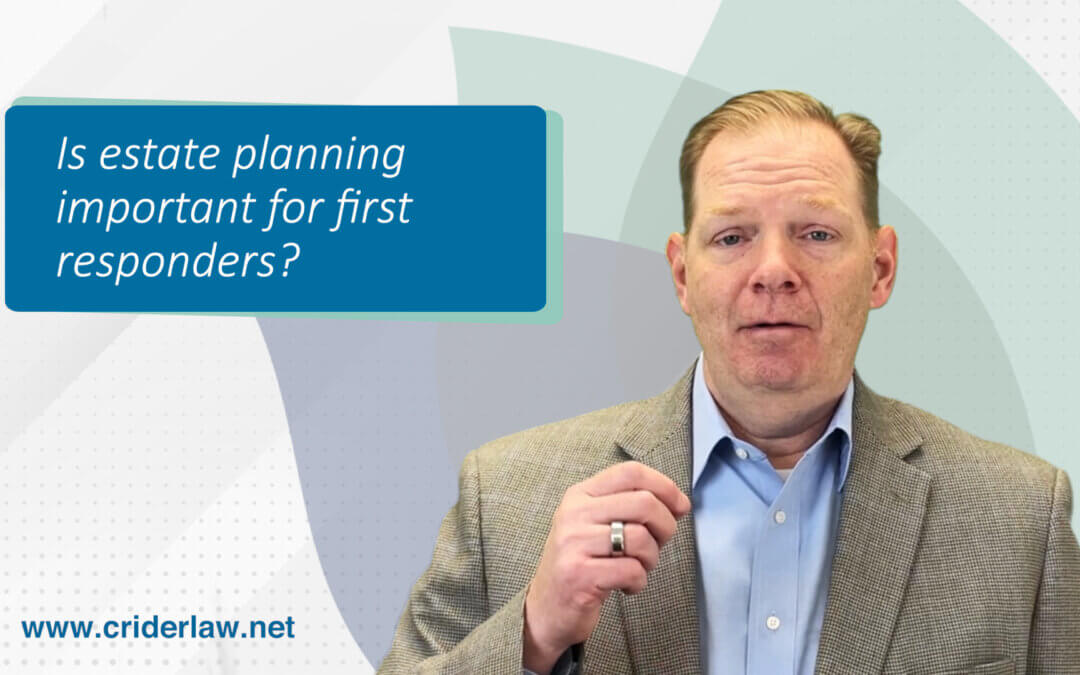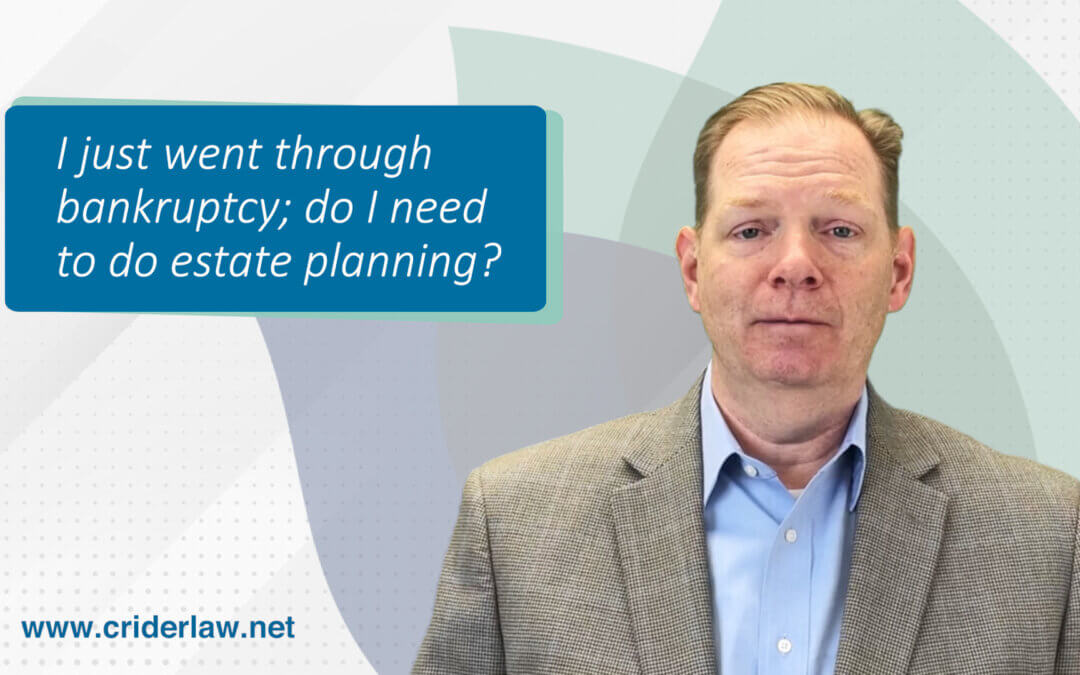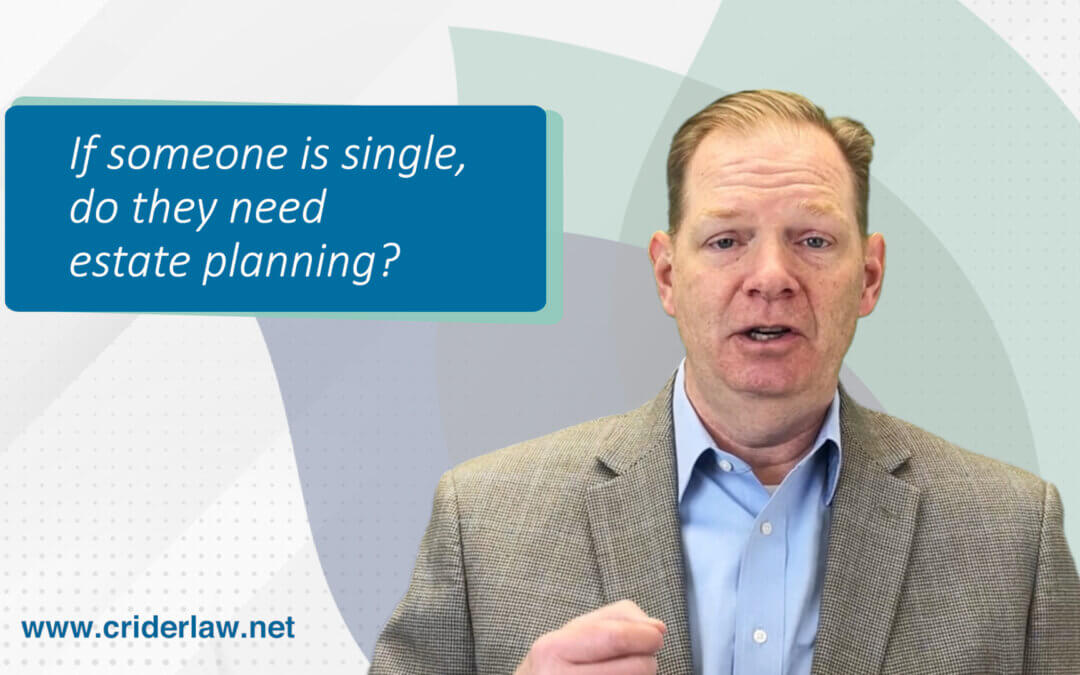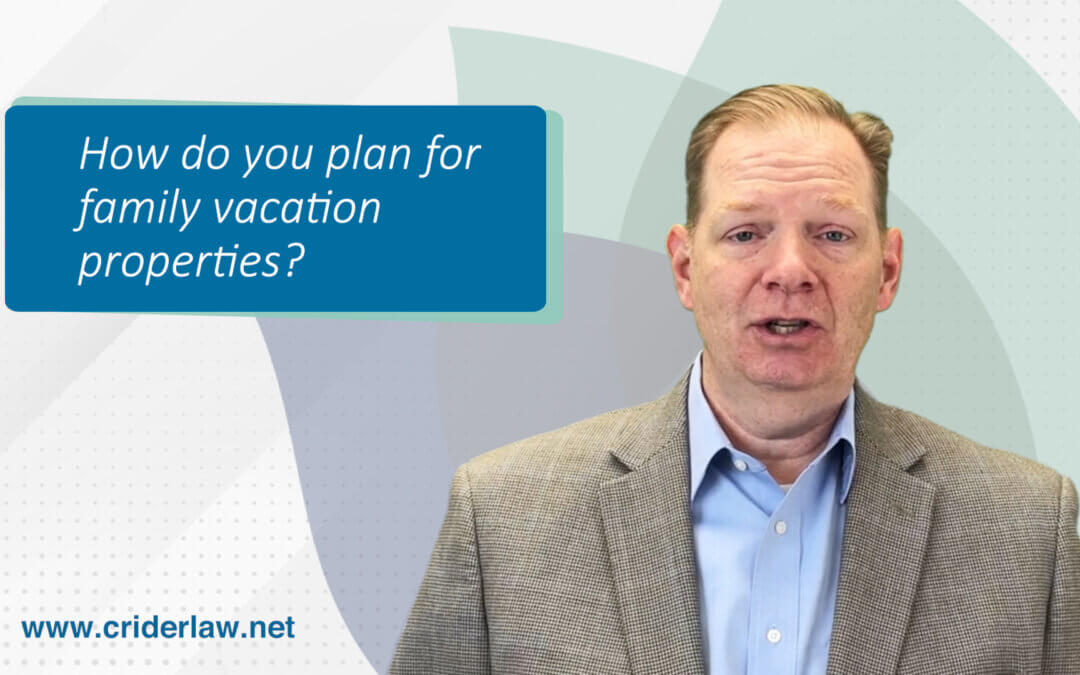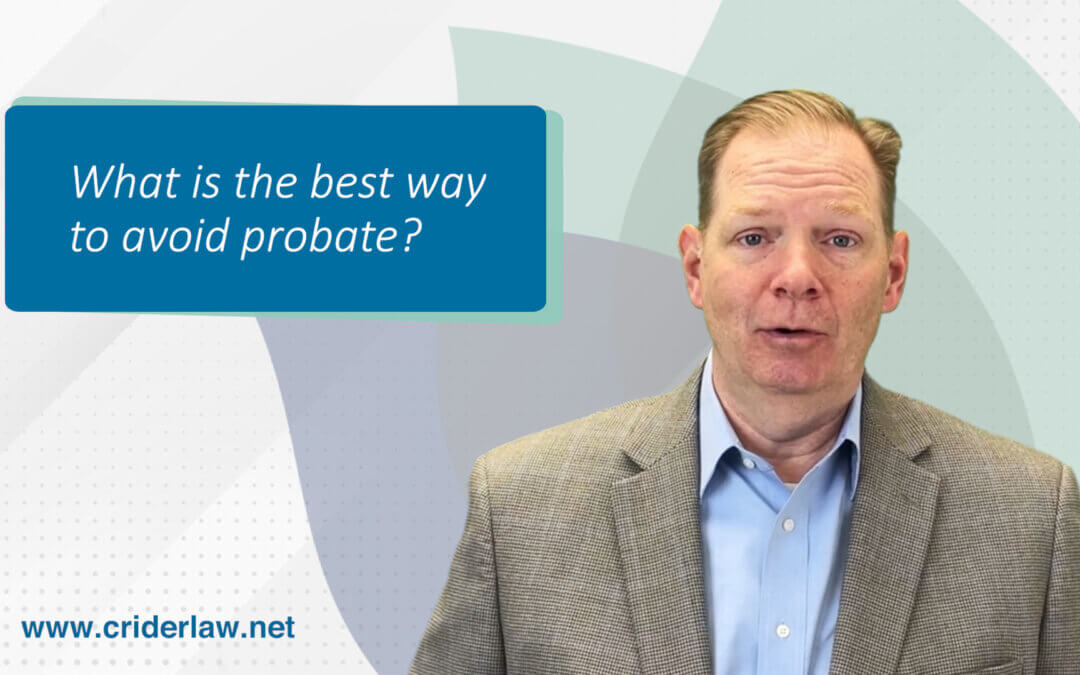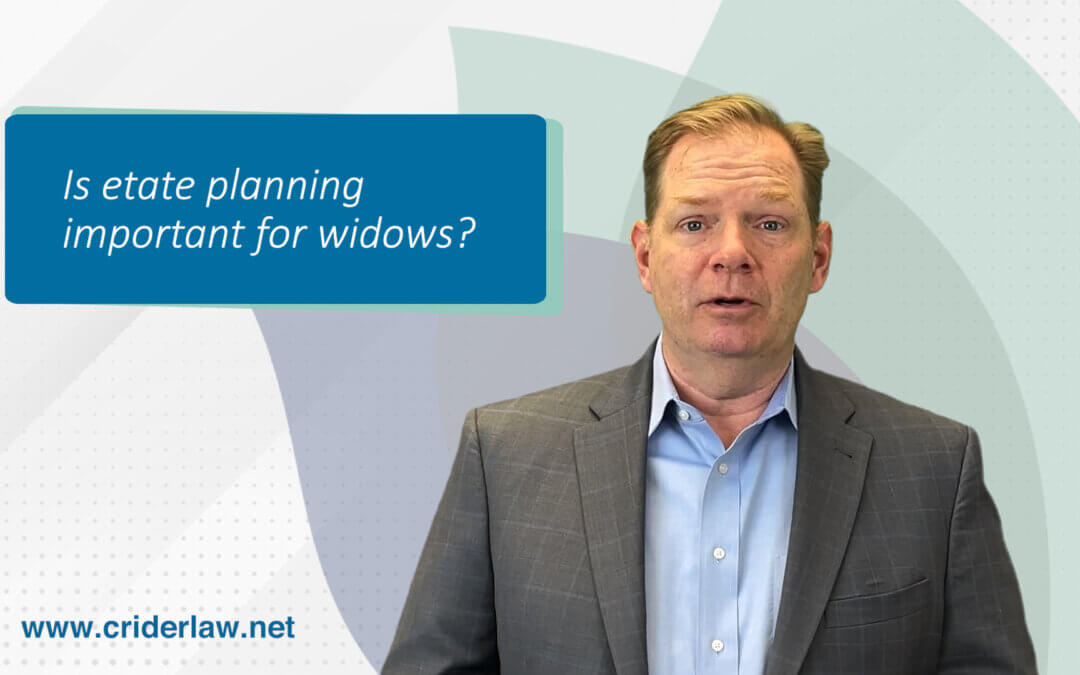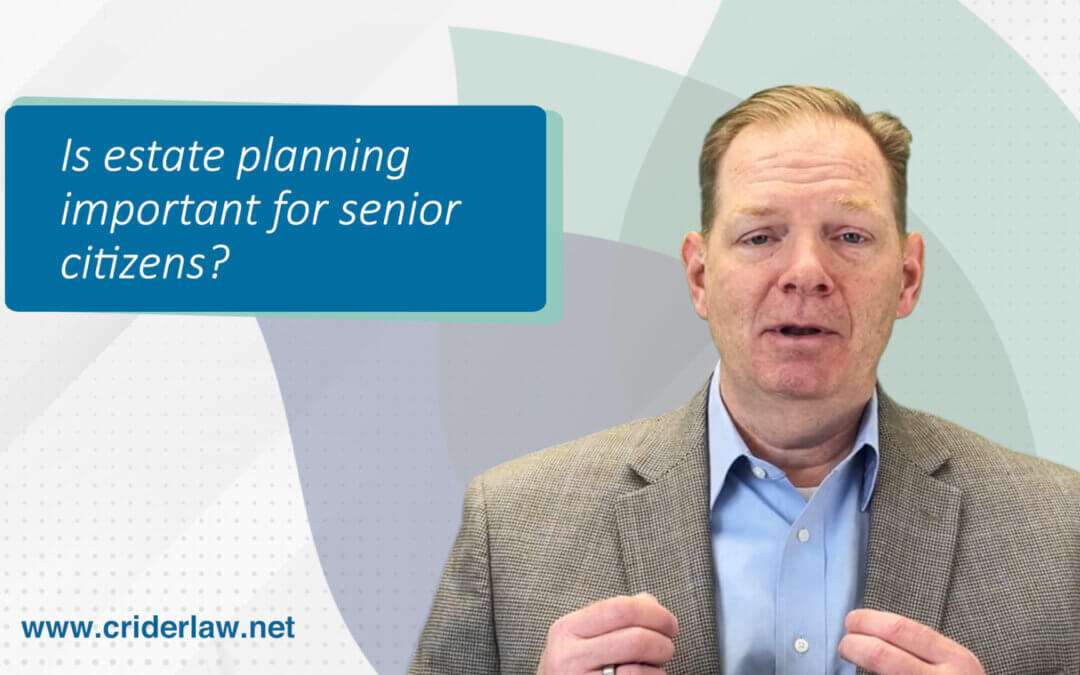
Is estate planning important for parents with minor children?
If you’re a parent of a minor child, it is imperative that you do estate planning. And estate planning when you have minor children is usually focused on who will take care of the children if something were to happen to you. So if you pass away unexpectedly, you would want to have guardians appointed so that they can step in and raise your children until your children become adults.
The other aspect of estate planning if you are a parent with minor children, has to do with incapacity planning. You’ll want to make sure that you have a plan in place where you appoint someone to make financial and healthcare decisions for you if you become incapacitated.
So if you are a parent of a minor child, I encourage you to click the link or contact us through our website and I would love to sit down with you and talk about your planning so that you can protect your loved ones and your minor children.

